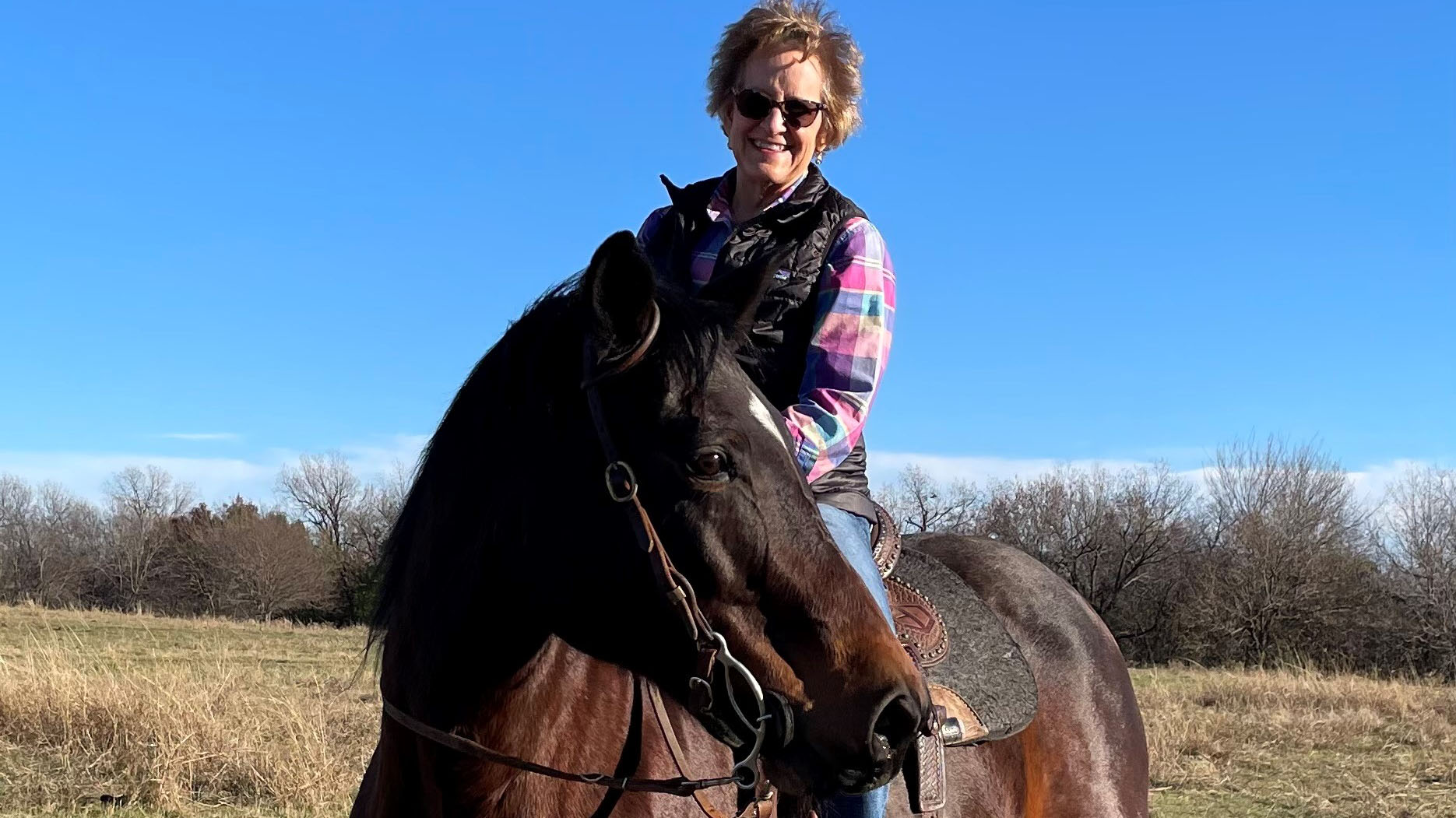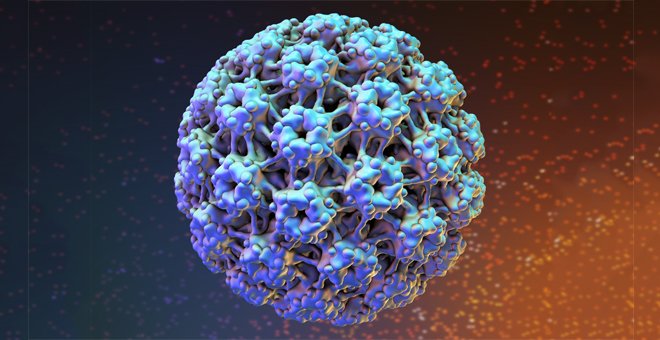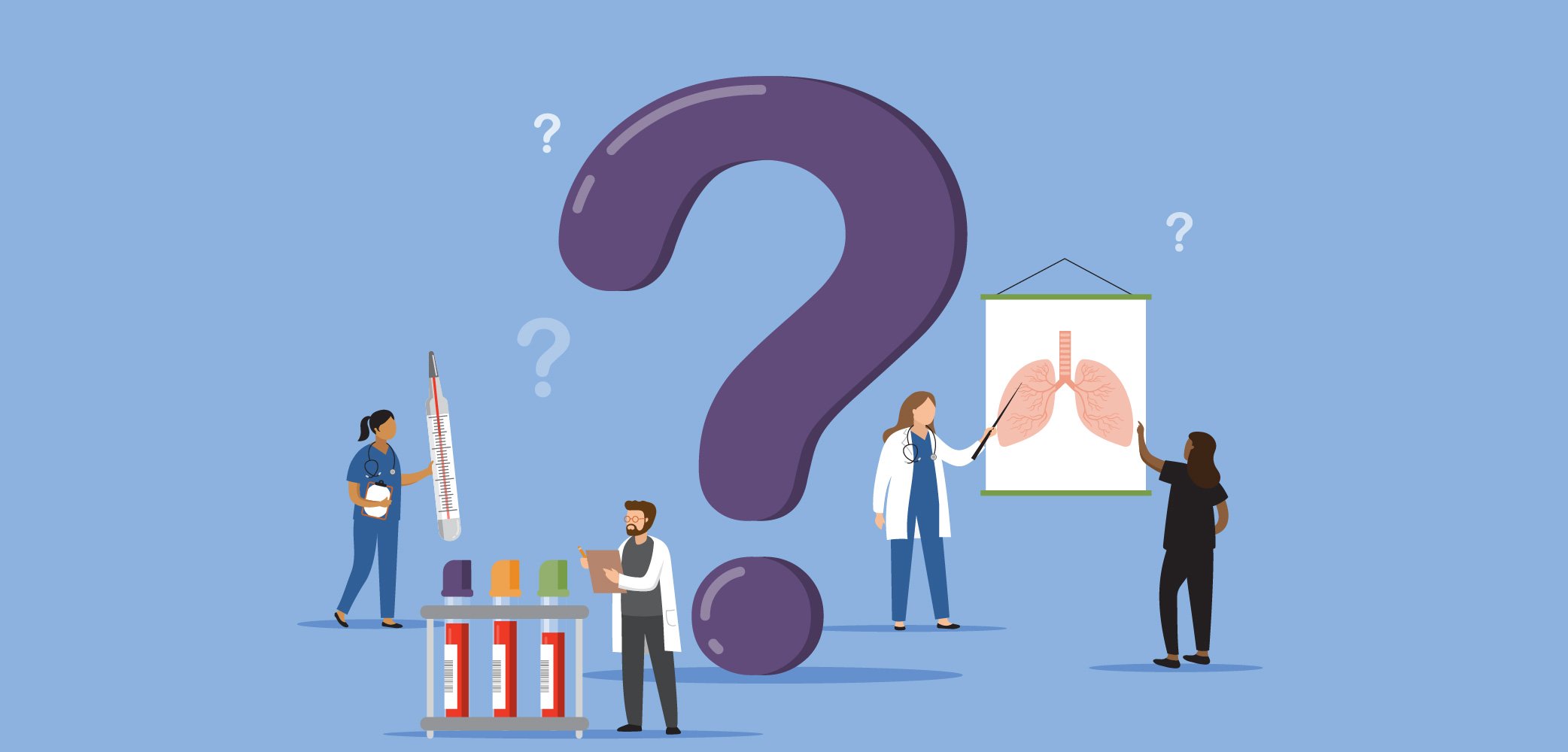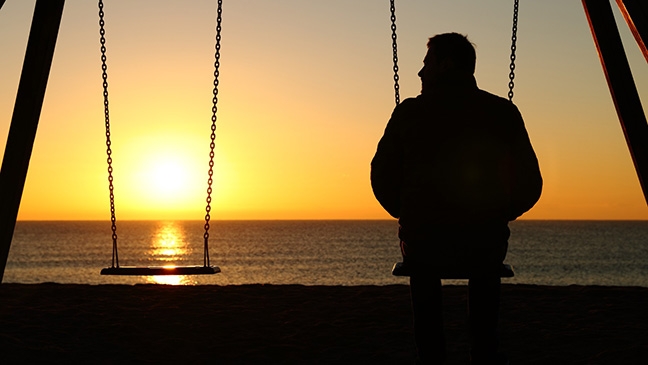- Diseases
- Acoustic Neuroma (14)
- Adrenal Gland Tumor (24)
- Anal Cancer (68)
- Anemia (2)
- Appendix Cancer (16)
- Bile Duct Cancer (26)
- Bladder Cancer (72)
- Brain Metastases (28)
- Brain Tumor (232)
- Breast Cancer (714)
- Breast Implant-Associated Anaplastic Large Cell Lymphoma (2)
- Cancer of Unknown Primary (4)
- Carcinoid Tumor (8)
- Cervical Cancer (158)
- Colon Cancer (166)
- Colorectal Cancer (116)
- Endocrine Tumor (4)
- Esophageal Cancer (44)
- Eye Cancer (36)
- Fallopian Tube Cancer (8)
- Germ Cell Tumor (4)
- Gestational Trophoblastic Disease (2)
- Head and Neck Cancer (12)
- Kidney Cancer (128)
- Leukemia (342)
- Liver Cancer (50)
- Lung Cancer (286)
- Lymphoma (278)
- Mesothelioma (14)
- Metastasis (30)
- Multiple Myeloma (100)
- Myelodysplastic Syndrome (60)
- Myeloproliferative Neoplasm (4)
- Neuroendocrine Tumors (16)
- Oral Cancer (100)
- Ovarian Cancer (172)
- Pancreatic Cancer (160)
- Parathyroid Disease (2)
- Penile Cancer (14)
- Pituitary Tumor (6)
- Prostate Cancer (146)
- Rectal Cancer (58)
- Renal Medullary Carcinoma (6)
- Salivary Gland Cancer (14)
- Sarcoma (238)
- Skin Cancer (296)
- Skull Base Tumors (56)
- Spinal Tumor (12)
- Stomach Cancer (64)
- Testicular Cancer (28)
- Throat Cancer (92)
- Thymoma (6)
- Thyroid Cancer (96)
- Tonsil Cancer (30)
- Uterine Cancer (80)
- Vaginal Cancer (16)
- Vulvar Cancer (20)
- Cancer Topic
- Adolescent and Young Adult Cancer Issues (20)
- Advance Care Planning (10)
- Biostatistics (2)
- Blood Donation (18)
- Bone Health (8)
- COVID-19 (362)
- Cancer Recurrence (120)
- Childhood Cancer Issues (120)
- Clinical Trials (630)
- Complementary Integrative Medicine (22)
- Cytogenetics (2)
- DNA Methylation (4)
- Diagnosis (232)
- Epigenetics (6)
- Fertility (62)
- Follow-up Guidelines (2)
- Health Disparities (14)
- Hereditary Cancer Syndromes (126)
- Immunology (18)
- Li-Fraumeni Syndrome (8)
- Mental Health (116)
- Molecular Diagnostics (8)
- Pain Management (62)
- Palliative Care (8)
- Pathology (10)
- Physical Therapy (18)
- Pregnancy (18)
- Prevention (914)
- Research (392)
- Second Opinion (74)
- Sexuality (16)
- Side Effects (604)
- Sleep Disorders (10)
- Stem Cell Transplantation Cellular Therapy (216)
- Support (402)
- Survivorship (320)
- Symptoms (182)
- Treatment (1786)
Cervical cancer patient: My journey from diagnosis to recurrence
BY Linda Ryan
4 minute read | Published May 14, 2013
Medically Reviewed | Last reviewed by an MD Anderson Cancer Center medical professional on May 14, 2013
Because I had recurring cervical cancer after seven years, my two experiences with cervical cancer were very different.
When I was originally diagnosed with cervical cancer, I was 36 years old and the mom of two boys. We weren't sure our family was complete and were hoping for another baby when I was told that I would need a hysterectomy.
I was devastated by the news. I mourned the loss of another baby, but as the years passed I couldn't imagine our family any different than it was.
The importance of screenings and early detection
My initial cervical cancer was found during a routine pap test. It was stage 0, and the treatment was a hysterectomy. No radiation or chemotherapy.
Recovering from the surgery wasn't easy, but I was able to drive again after two weeks and back on my feet fairly quickly.
When people asked what they could do for me, my answer was often, "Go to the doctor for your annual exam."
Fortunately, I had wonderful support from friends and the community who made dinners in addition to having their annual checkups.
My initial diagnosis is a testament to screenings and the benefits of early detection.
Cancer returned with a vengeance
Seven years later, I found a lump in my neck.
Within a couple of weeks, I found a few more and then some in my groin.
Based on biopsies, my doctors determined that my cervical cancer was back with a vengeance. It had spread to my lymph nodes.
I was accepted into a clinical trial at MD Anderson for recurring cervical cancer. The diagnosis was frightening, but I never thought I would die.
Maybe I was naive. Maybe I just didn't want to know my real odds. Or maybe I just felt that it didn't matter because I didn't want to think that my children would grow up without me as their mother.
My recurring cervical cancer treatment
My clinical trial included cisplatin and alimta. Both were chemo drugs I received through an IV for nine hours every three weeks.
For me, the infusion took all day and included other drugs, including Benadryl so I wouldn't have a reaction.
The potassium in the bags of hydration also irritated my veins. It was painful but the nurses did their best to use warm blankets to open the veins and then ice packs to ease the pain.
I never got a port, which I now regret because I wouldn't have had pain with the port. Getting a port never fit into my schedule. I thought about it and talked about it often but getting it would have interfered with the timing of the two half marathons I chose to run during my treatment and I was told that I wouldn't be able to skydive, an activity that I planned to do with my friends in celebration of one friend's 50th birthday.
If I am ever diagnosed with cancer again, I will get the port before I leave the doctor's office because the infusions became increasingly more painful and difficult. From what I understand, you don't have that pain or vein irritation with a port.
Take note of body changes
As strange as it may sound, I found the suspect lump in my neck because my ankle was swollen. I hadn't fallen or sprained my ankle and had no pain. I'm not sure how the two were related, but it must have provoked me to be aware of my body.
We know our bodies better than anyone. If something doesn't seem right, then we need to take notice and see a doctor. Having already been a cancer survivor, I was often on alert if something didn't seem right in my body. I tried not to be a crazy person about it, and worked at finding a balance and being aware of any changes.
Thankful reflections
Looking back at my journey with cancer, I'm thankful I was able to get exams regularly. I'm thankful I was -- and am -- in tune with changes in my body. Getting these exams and looking for these changes aren't just the elements of public service announcements. They save lives -- mine included.
Cancer will try to win, but it chose the wrong woman to fight with.
Linda Ryan thought she had checked cancer off her list. Having just run her first marathon, it was hard to imagine that her cervical cancer had returned after seven years. Cancer chose the wrong woman. She was ready to battle cancer for the third time with health, laughter and friendship.

We know our bodies better than anyone. If something doesn't seem right, then we need to take notice and see a doctor.
Linda Ryan
Survivor





